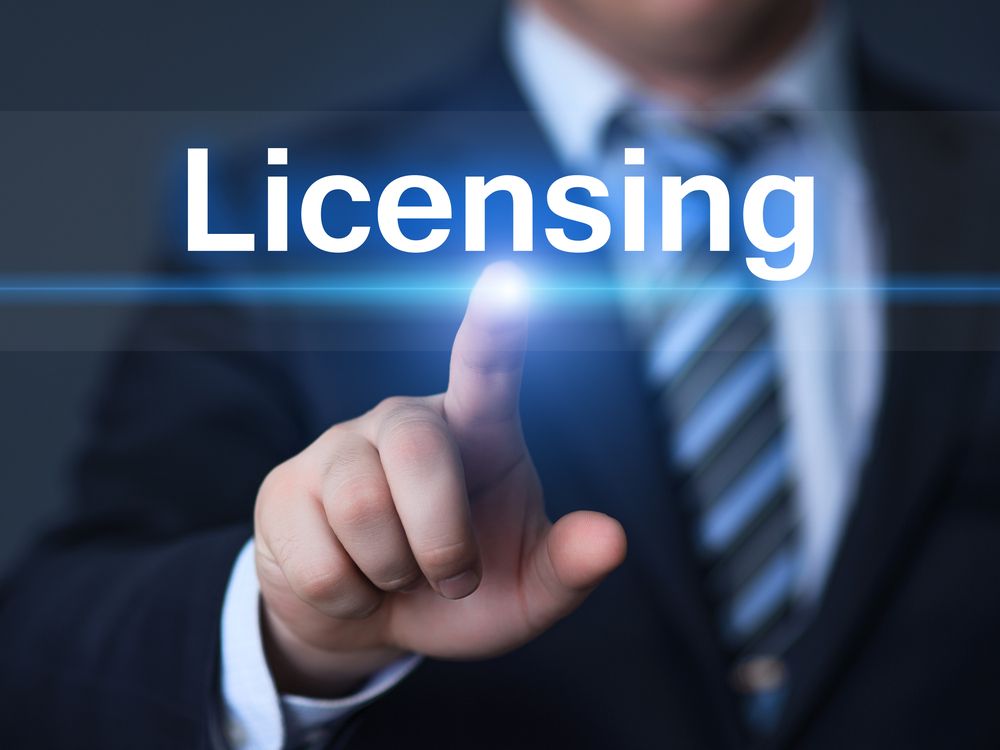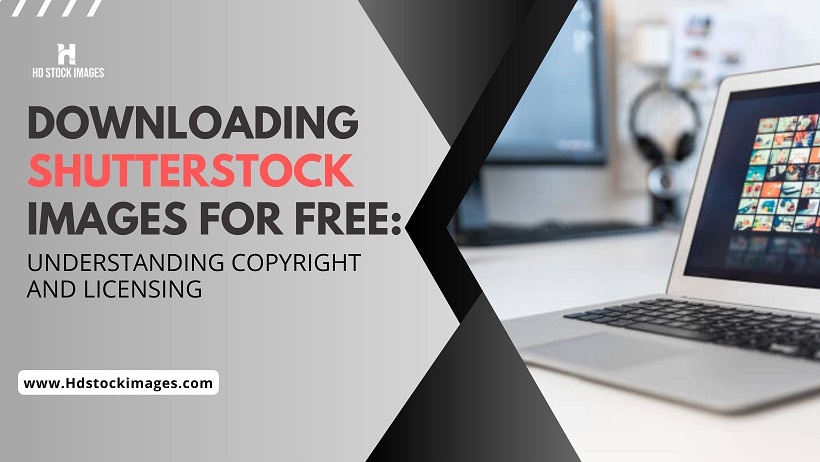1. Introduction
In today's digital age, visuals play a crucial role in various aspects of our lives, from social media posts to website designs. Shutterstock, a popular stock image platform, has become a go-to resource for accessing high-quality images for personal and commercial use. However, there is a common desire among some individuals to download Shutterstock images for free, without properly understanding the implications of copyright and licensing.This blog post aims to shed light on the topic of downloading Shutterstock images for free and provide a comprehensive understanding of copyright and licensing. By delving into the intricacies of this subject, readers can gain insight into the legal and ethical aspects associated with using images from Shutterstock and other similar platforms.Also Read This: Shutterstock vs Alamy: Choosing the Best Stock Photography Platform
2. Copyright and Licensing Basics
 To navigate the world of downloading Shutterstock images for free, it is essential to grasp the fundamentals of copyright and licensing. Let's explore these concepts in more detail:
To navigate the world of downloading Shutterstock images for free, it is essential to grasp the fundamentals of copyright and licensing. Let's explore these concepts in more detail:A. Definition of Copyright and Its Purpose:
Copyright refers to the legal protection granted to the creators of original works, including images, photographs, illustrations, and more. It gives the creator exclusive rights to reproduce, distribute, display, and modify their work. The purpose of copyright is to encourage creativity by providing creators with control over the use and distribution of their creations.B. Explanation of Licensing and Its Role in Copyright:
Licensing is the process of granting permission to use someone else's copyrighted work. When you download an image from Shutterstock, you are essentially obtaining a license to use that image within the boundaries defined by the license agreement.C. Different Types of Licenses:
Various types of licenses exist, each with its own terms and conditions. Some common licenses include:Creative Commons: These licenses allow for more flexible use, ranging from free use with attribution to more restrictive terms.Royalty-Free: This type of license permits the use of an image for a one-time fee, without the need for additional payments for each use.D. How Licenses Determine Permitted Use:
Licenses outline the specific ways in which you can use a copyrighted image. This includes considerations such as the purpose of use (personal, commercial), duration of use, geographical limitations, and the number of copies or reproductions allowed. It is essential to review and understand the terms of a license to ensure compliance with its restrictions.By familiarizing ourselves with these copyright and licensing basics, we can better comprehend the implications of downloading Shutterstock images for free and make informed decisions regarding their usage. In the next section, we will explore Shutterstock's copyright policies in more detail.Also Read This: How to Edit Your Behance URL for Better Branding
3. Shutterstock's Copyright Policies
 Shutterstock, like any reputable stock image platform, has its own copyright policies and terms of use that users must adhere to when downloading and using images. Understanding these policies is crucial to avoid copyright infringement and legal repercussions. Let's delve into Shutterstock's copyright policies:
Shutterstock, like any reputable stock image platform, has its own copyright policies and terms of use that users must adhere to when downloading and using images. Understanding these policies is crucial to avoid copyright infringement and legal repercussions. Let's delve into Shutterstock's copyright policies:A. Explanation of Shutterstock's Copyright Policies:
Shutterstock asserts that all images available on its platform are protected by copyright. This means that the images are the intellectual property of their respective creators, and unauthorized use can lead to copyright infringement.B. Overview of the Standard License Agreement:
When you download an image from Shutterstock, you typically obtain a license under the Standard License Agreement. This agreement outlines the terms and conditions for using the image, including the permitted uses, restrictions, and any applicable fees.C. Restrictions on Free Usage and the Need for Licensing:
It's important to note that downloading images from Shutterstock for free without proper licensing is not allowed. Free images provided by Shutterstock are still subject to copyright and may require specific licenses or attributions for certain uses. Simply downloading an image without a license does not grant you the legal right to use it.It's crucial to respect Shutterstock's copyright policies and adhere to their licensing requirements. Failure to do so can result in copyright infringement, which carries serious legal consequences. In the next section, we'll explore the risks and potential consequences associated with copyright infringement.Also Read This: Saving YouTube Community Post Pictures on Mobile Devices
4. Risks and Consequences of Copyright Infringement
Copyright infringement, including the unauthorized use of Shutterstock images, carries significant risks and consequences. Understanding these potential outcomes is essential for individuals and businesses alike. Let's explore the risks and consequences of copyright infringement:A. Legal Implications of Using Copyrighted Images without Permission:
When you use a copyrighted image without obtaining the necessary licenses or permissions, you are infringing on the rights of the image creator. This can result in legal action, as copyright holders have the right to enforce their exclusive rights.B. Penalties and Potential Lawsuits for Copyright Infringement:
Copyright infringement can lead to severe penalties and financial liabilities. Depending on the jurisdiction and the extent of the infringement, penalties may include statutory damages, actual damages, and attorneys' fees. In some cases, the copyright holder may file a lawsuit seeking monetary compensation for the unauthorized use of their work.C. Reputation and Financial Risks for Individuals and Businesses:
In addition to legal consequences, copyright infringement can harm your reputation and negatively impact your business. Being associated with copyright infringement can damage trust and credibility, leading to a loss of customers, clients, or opportunities. Moreover, paying hefty fines or settlements resulting from copyright infringement can cause financial strain on individuals and businesses.It is vital to understand that ignorance of copyright laws or claiming fair use without a valid basis does not provide immunity against infringement claims. Therefore, it is in your best interest to use images from Shutterstock and other sources lawfully and responsibly.In the next section, we will explore alternatives to downloading Shutterstock images for free, enabling you to obtain images legally and ethically.New Post: Generative AI, Adobe, Shutterstock, and Andy Warhol?
Generative AI models are testing the boundaries of U.S. Copyright Law. Artists have sued the model developers for copyright infringement and leveraging media platforms (e.g., YouTube) to police/ban generative AI… pic.twitter.com/j0R5IX7deh— Arda (@ArdaCapital) April 25, 2023

 admin
admin








